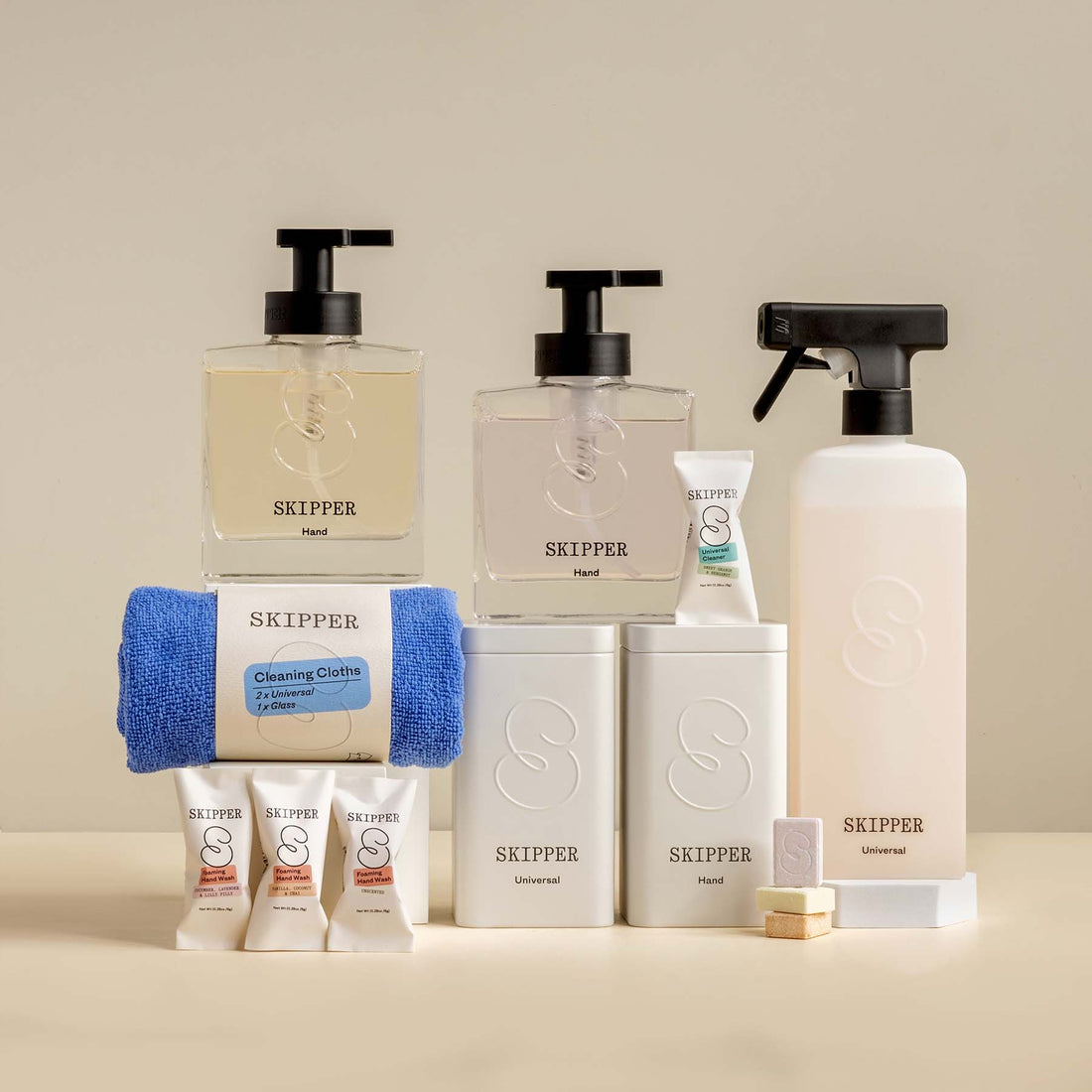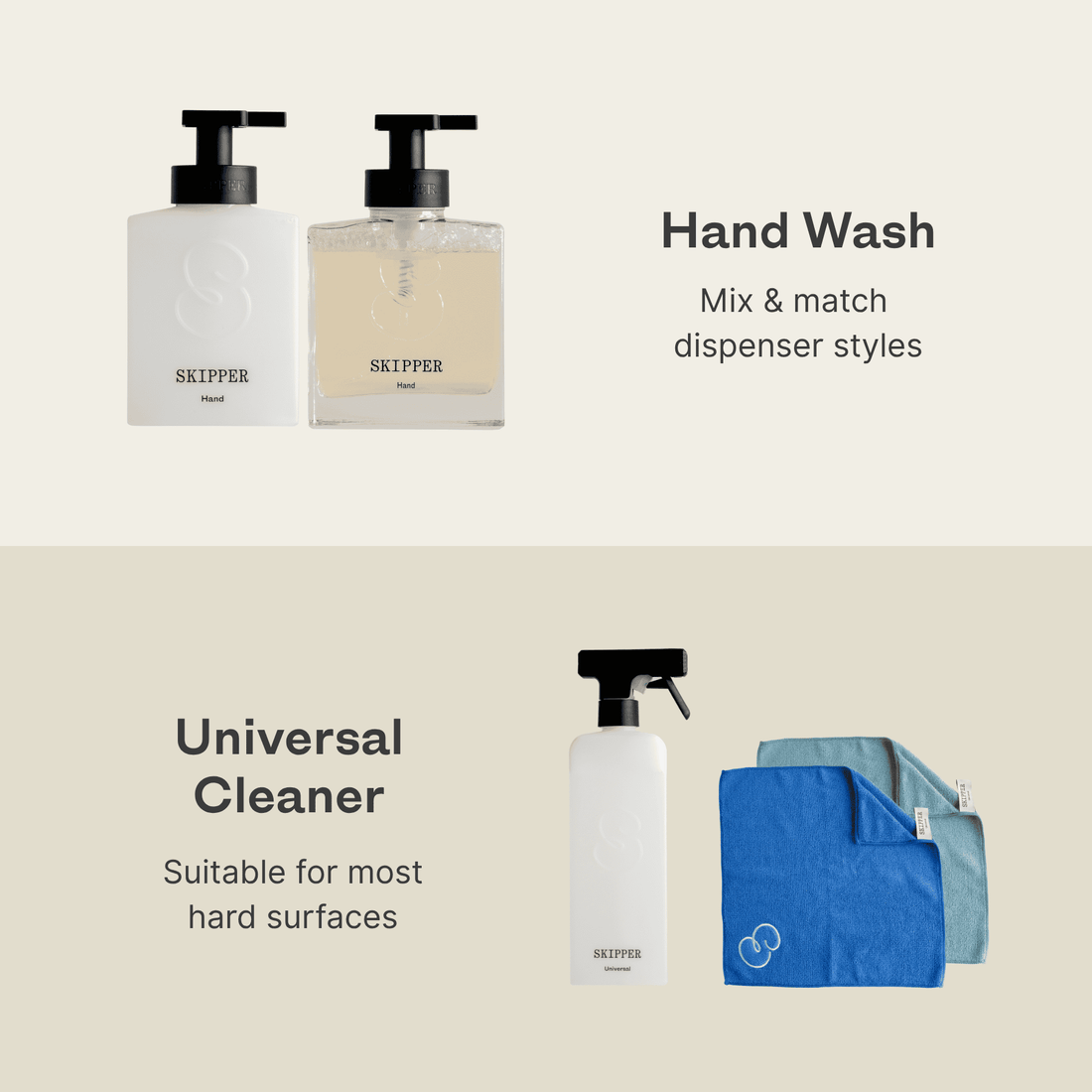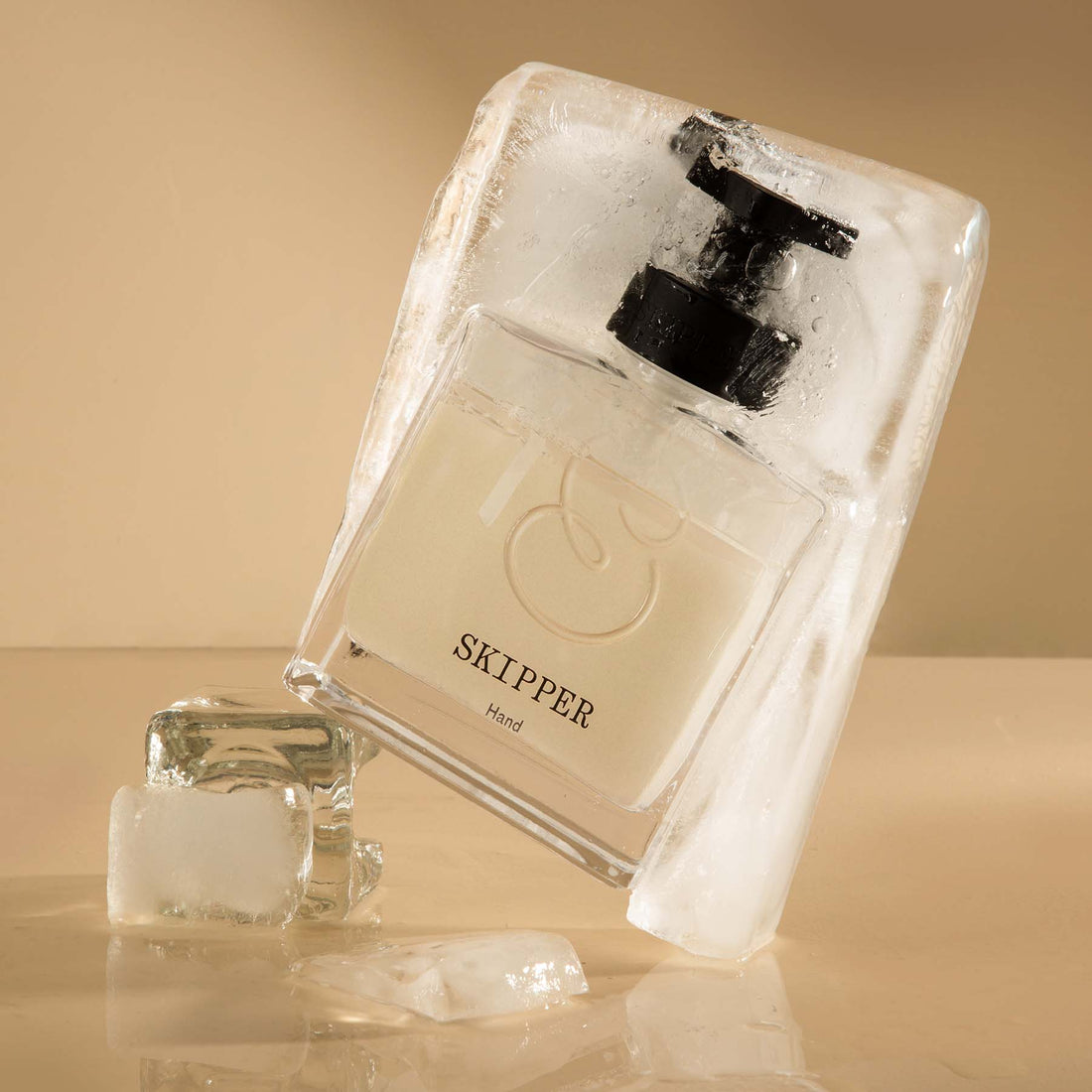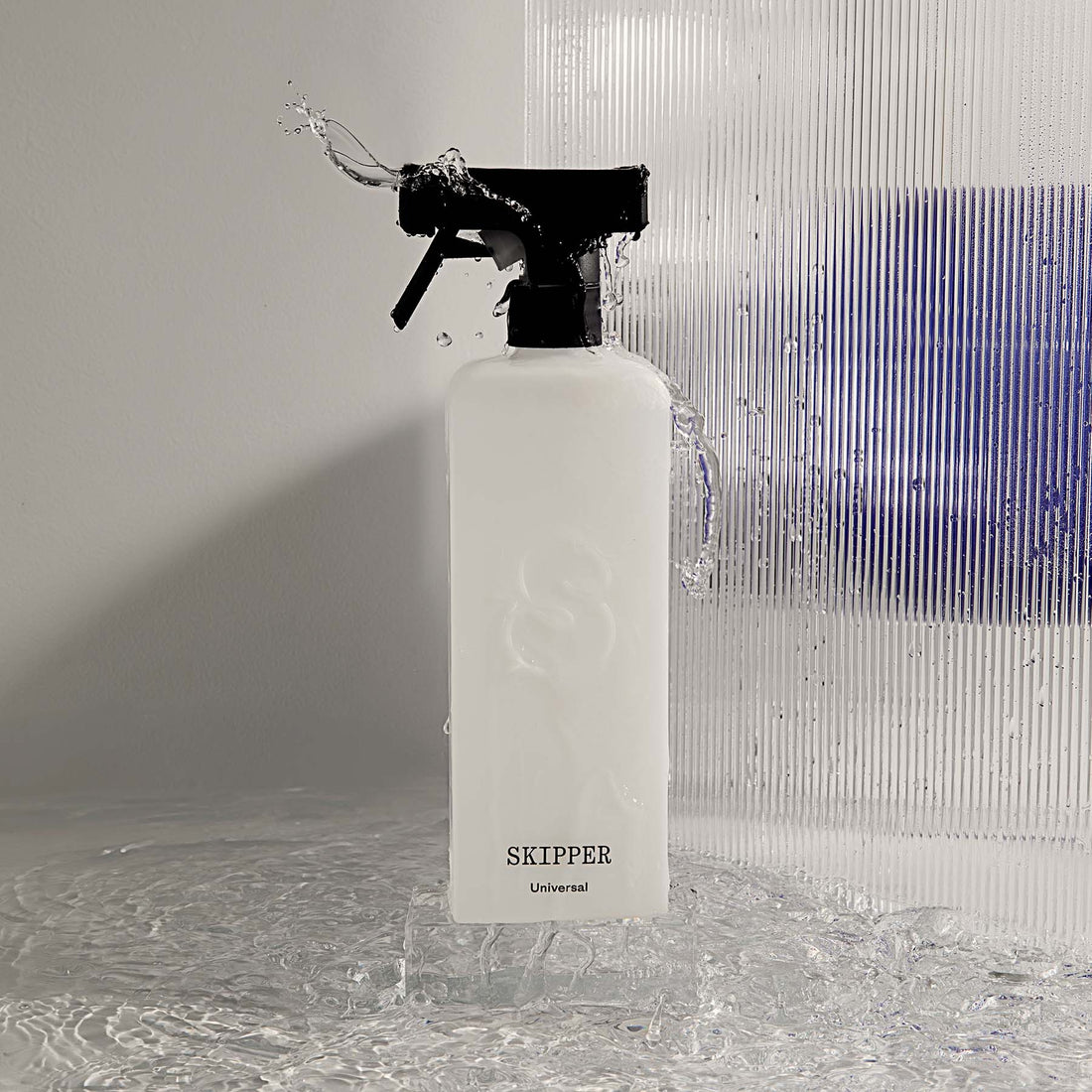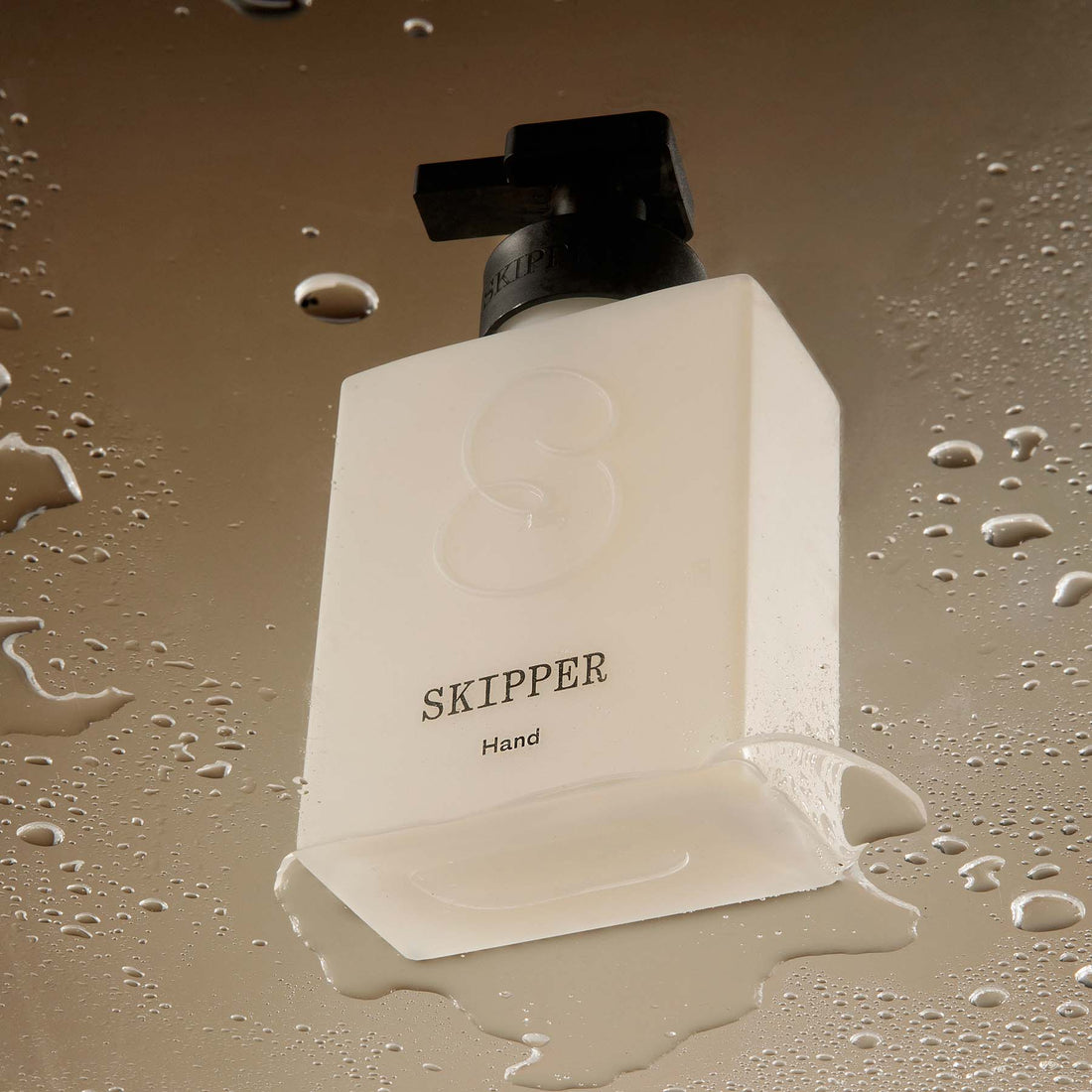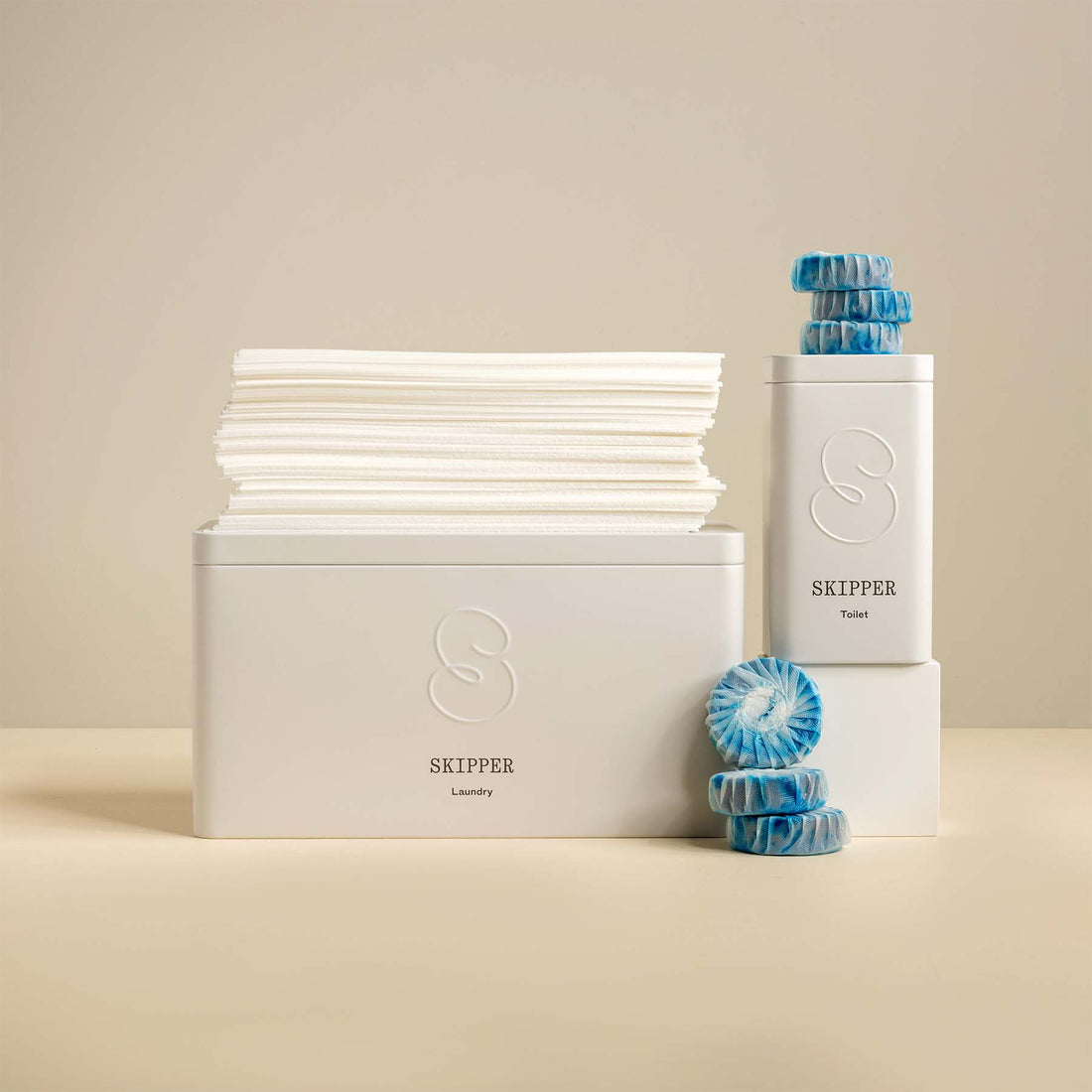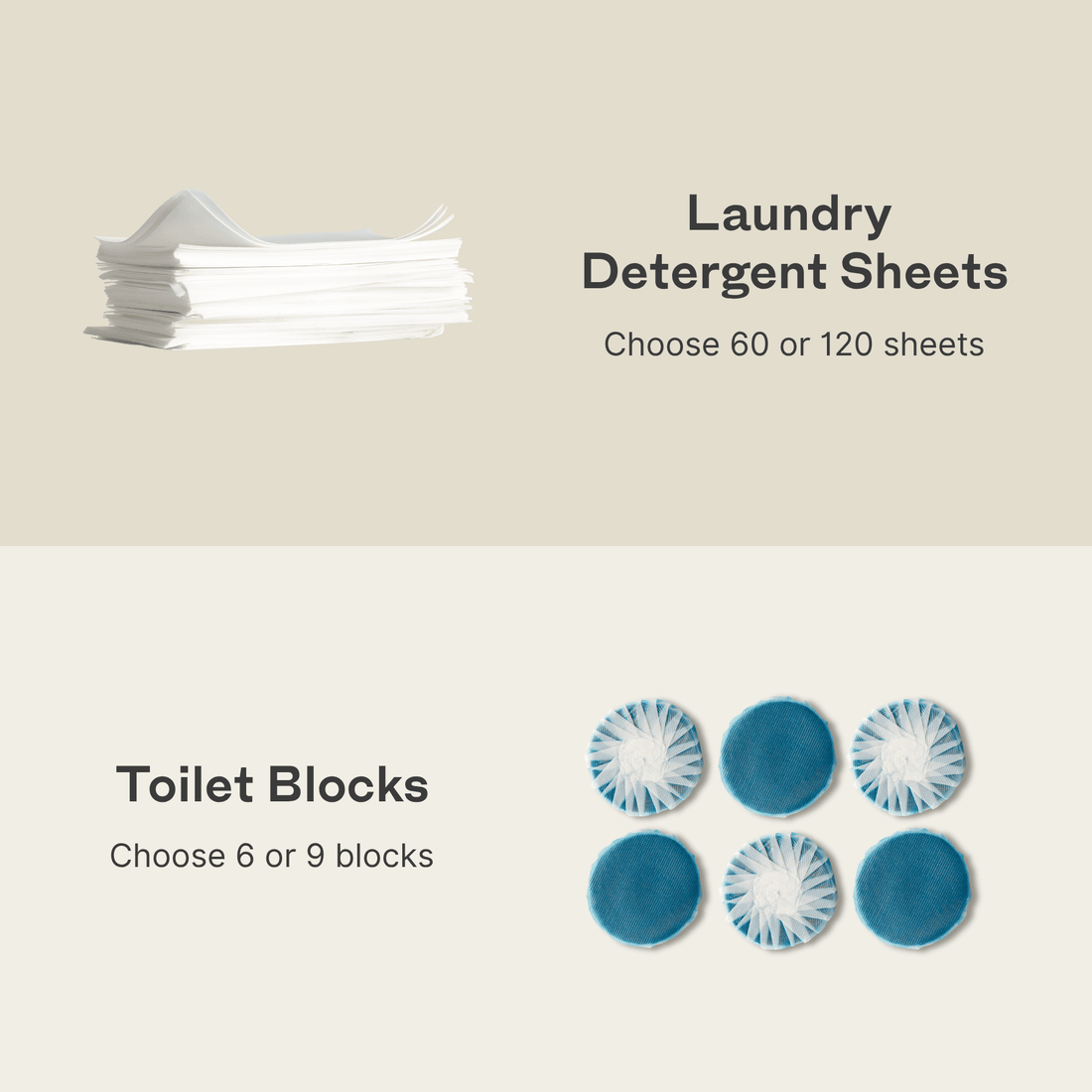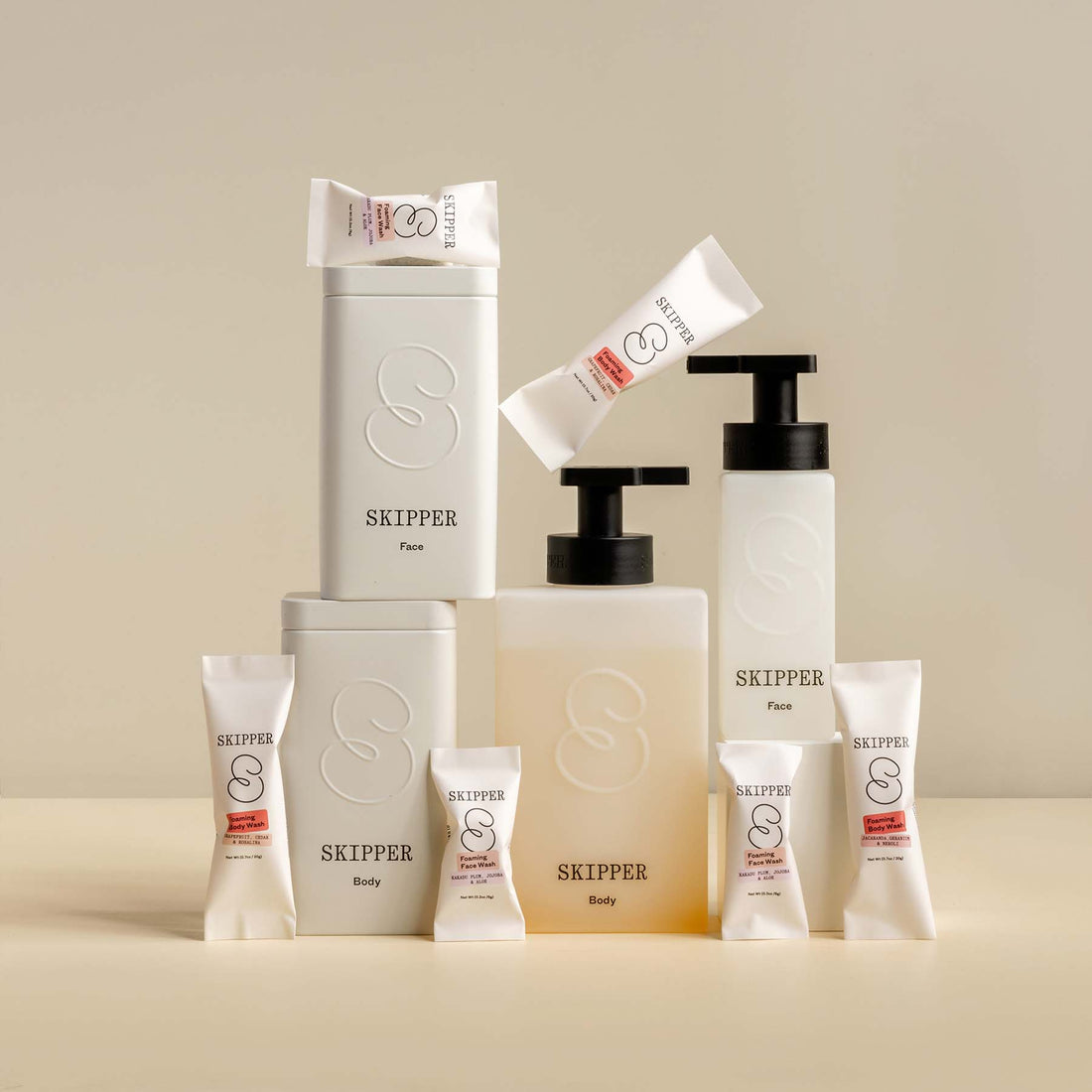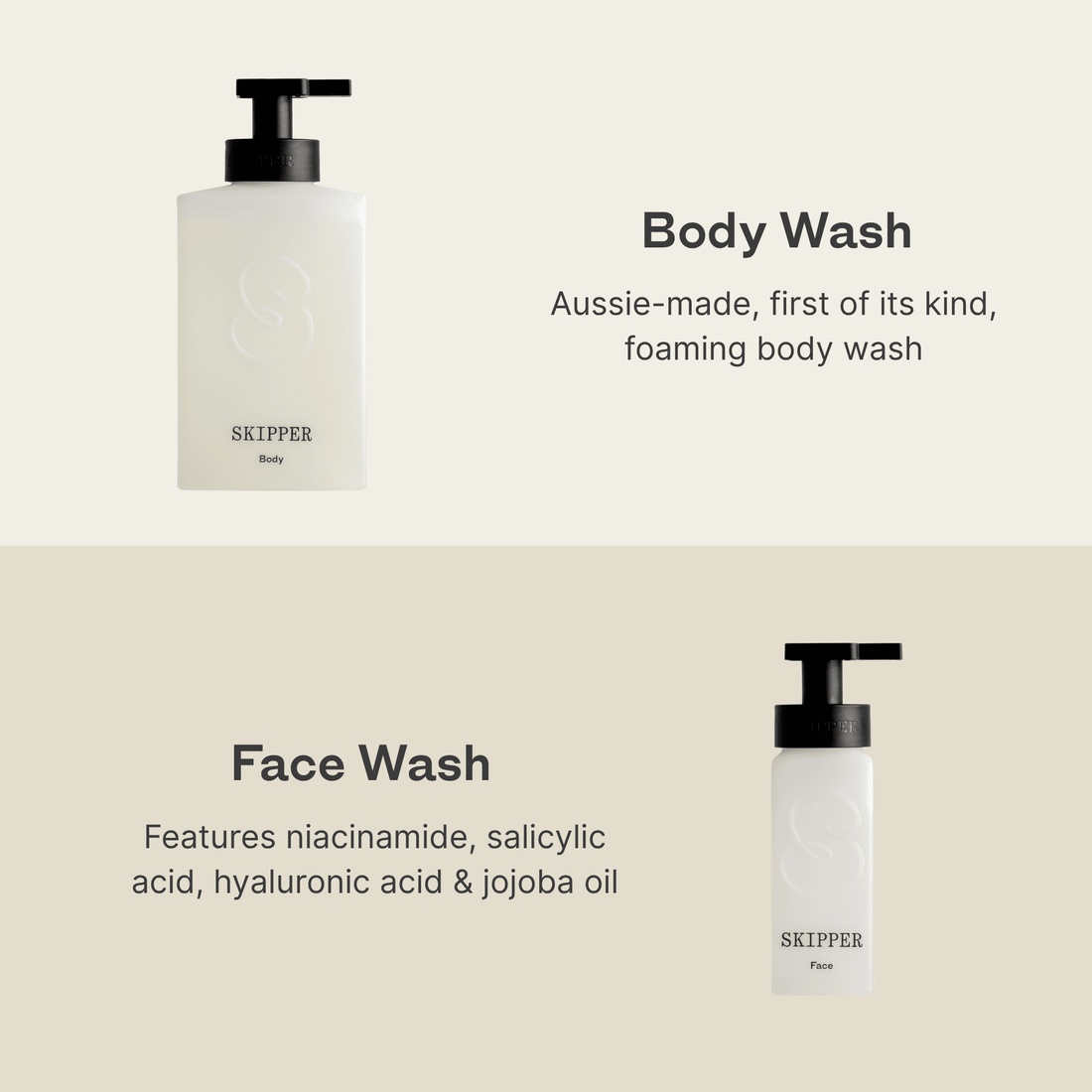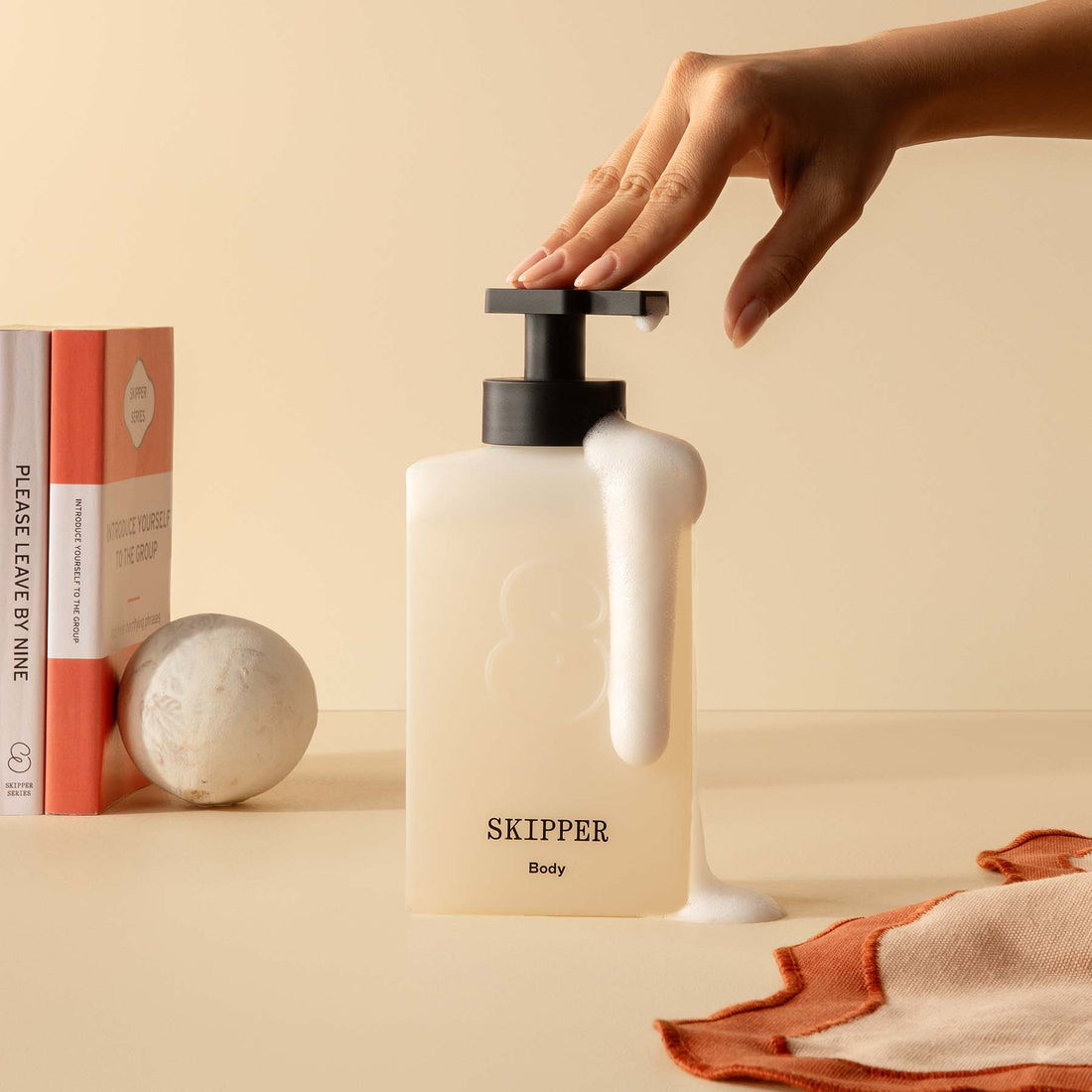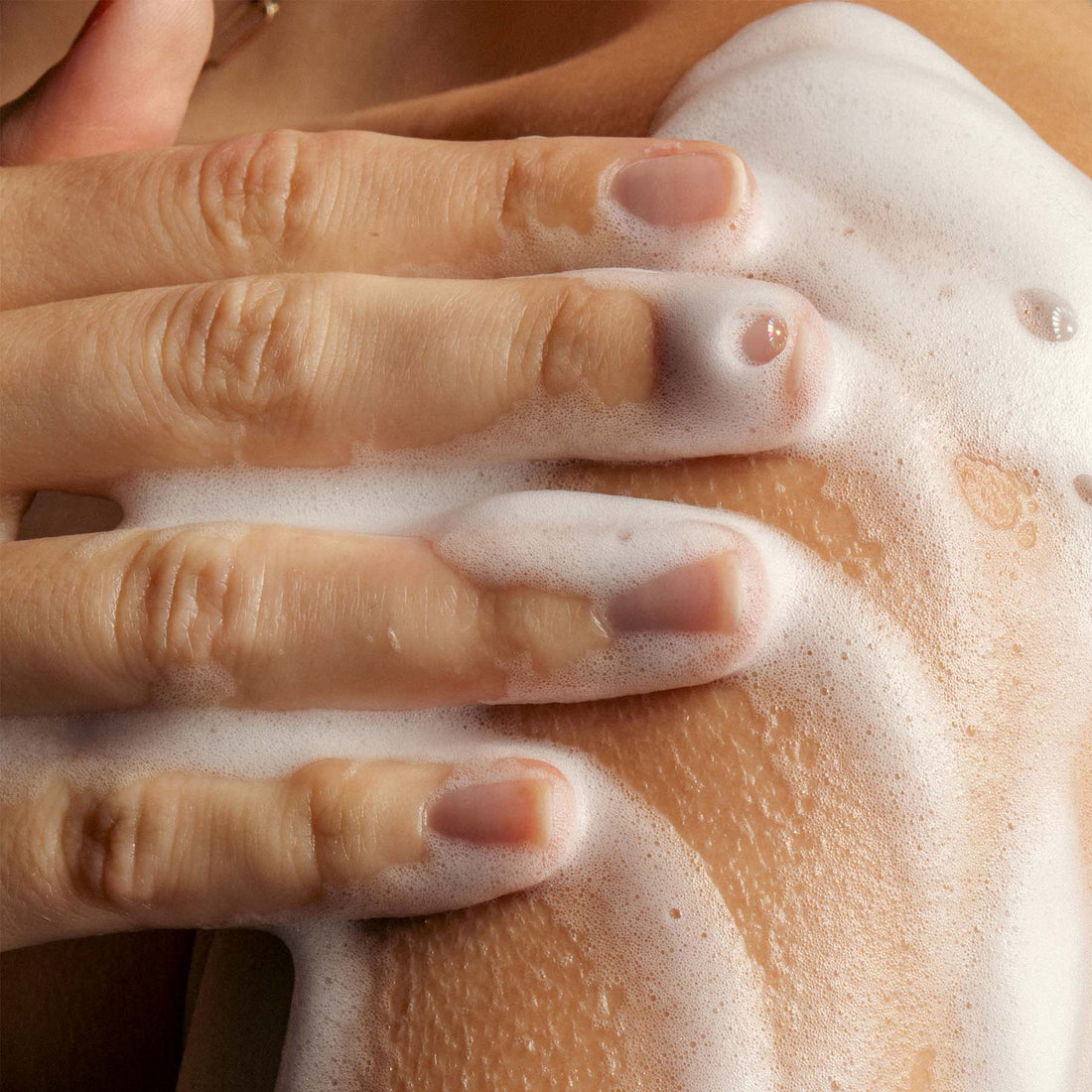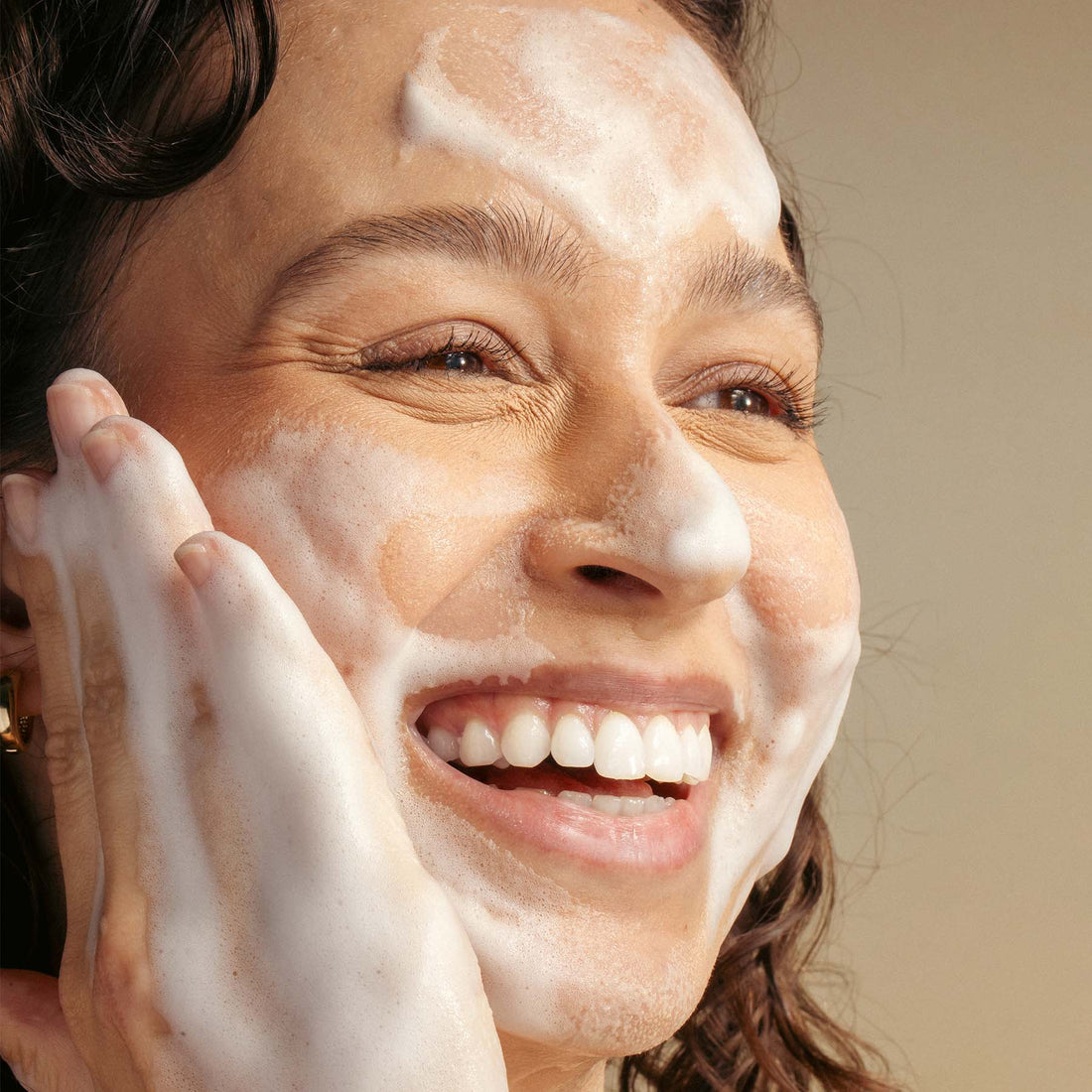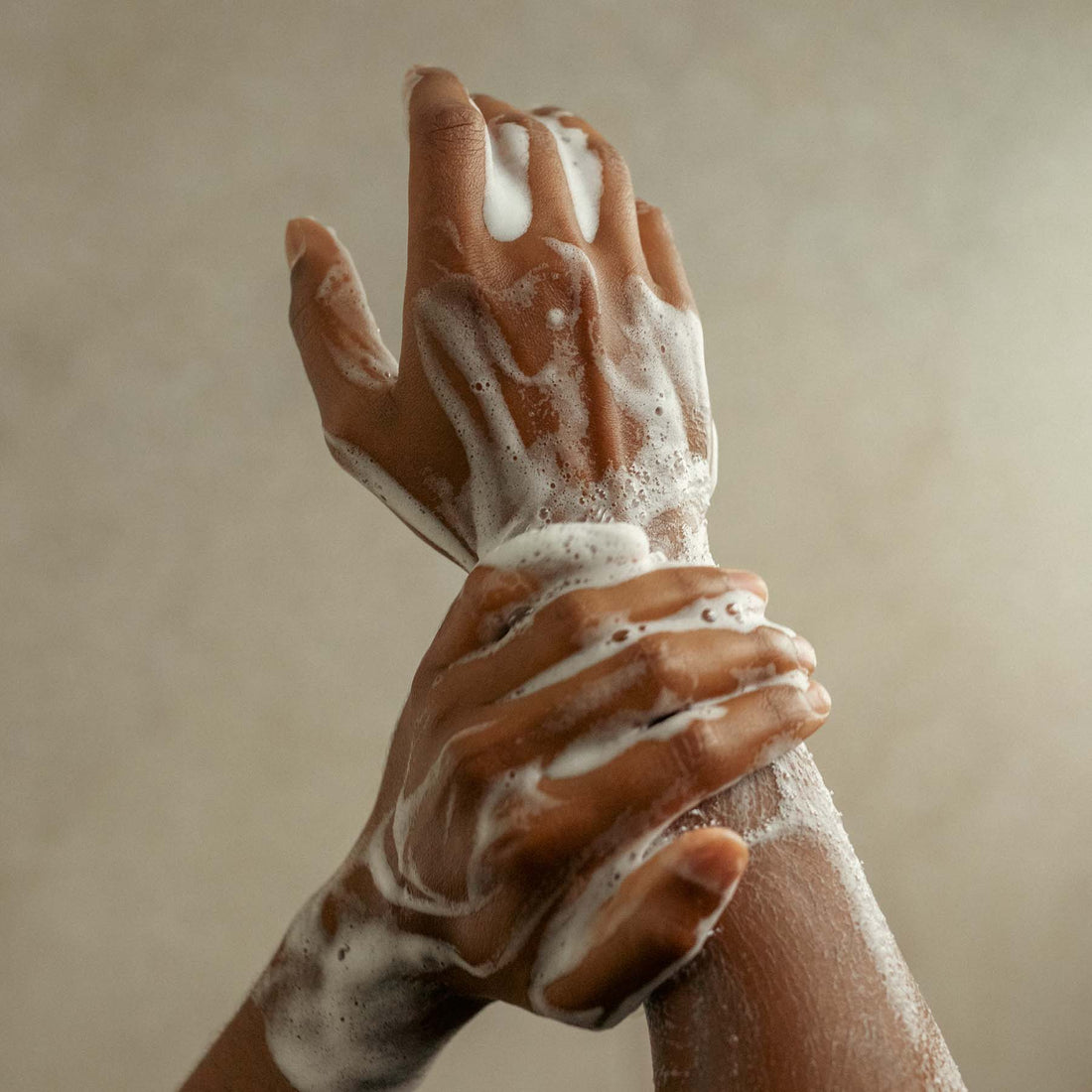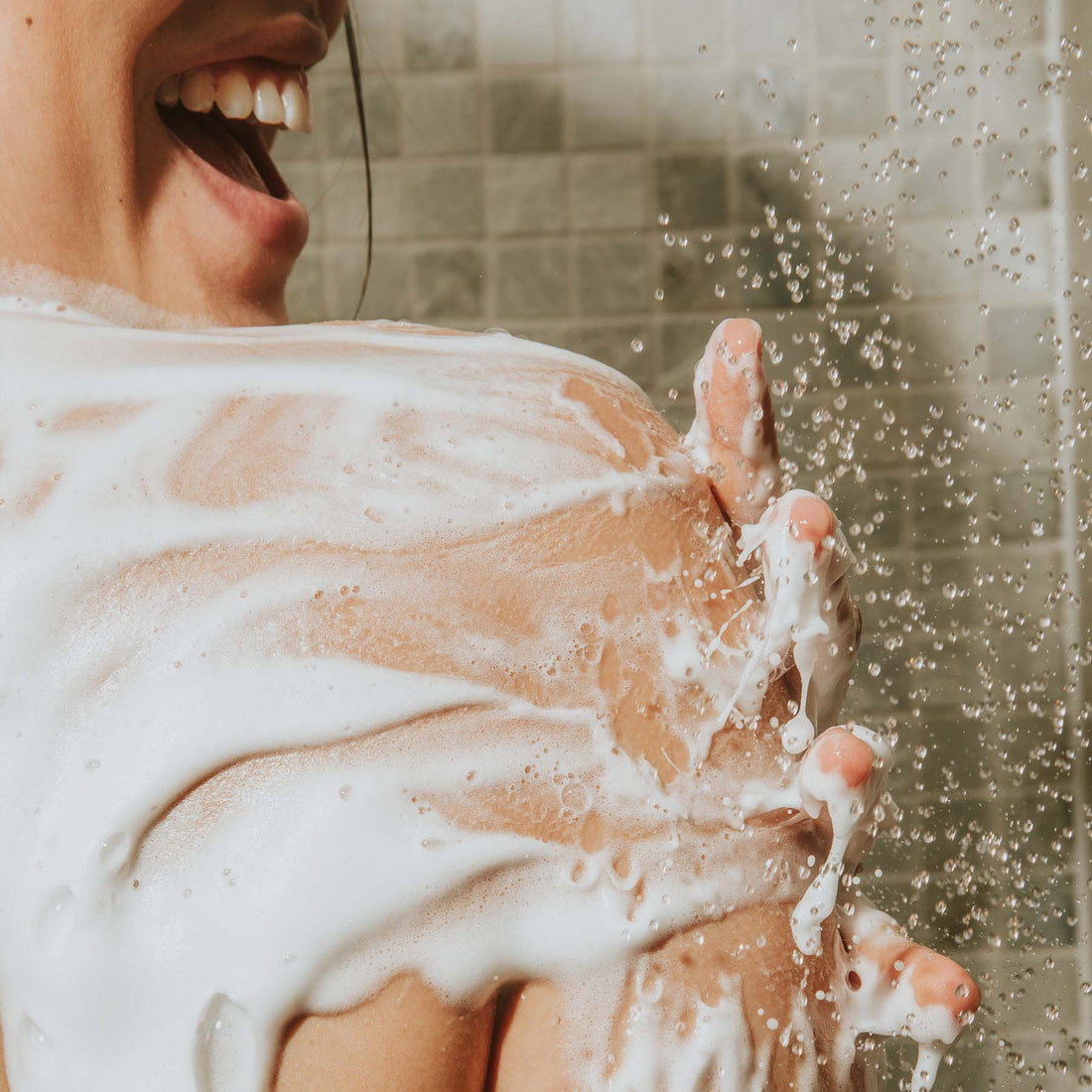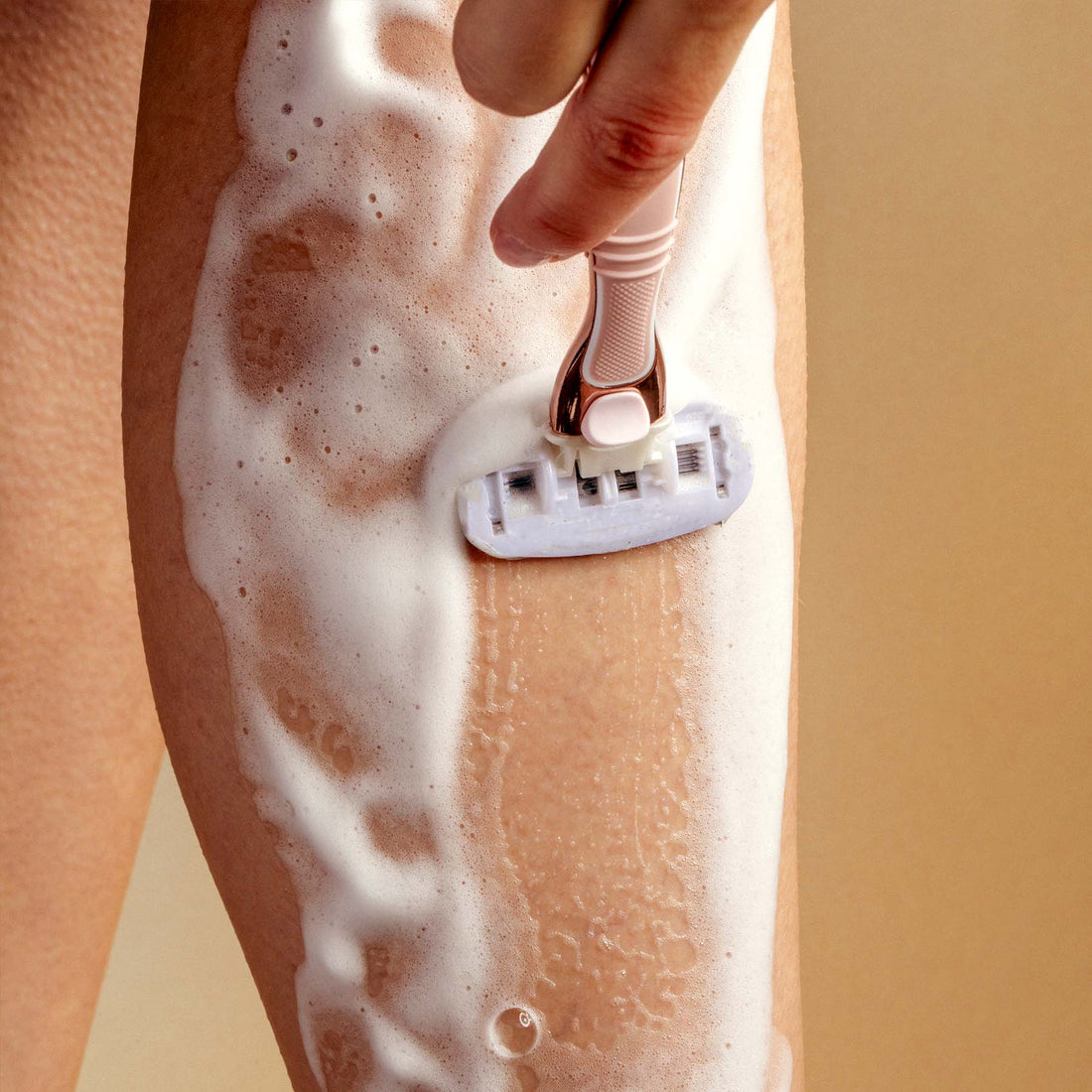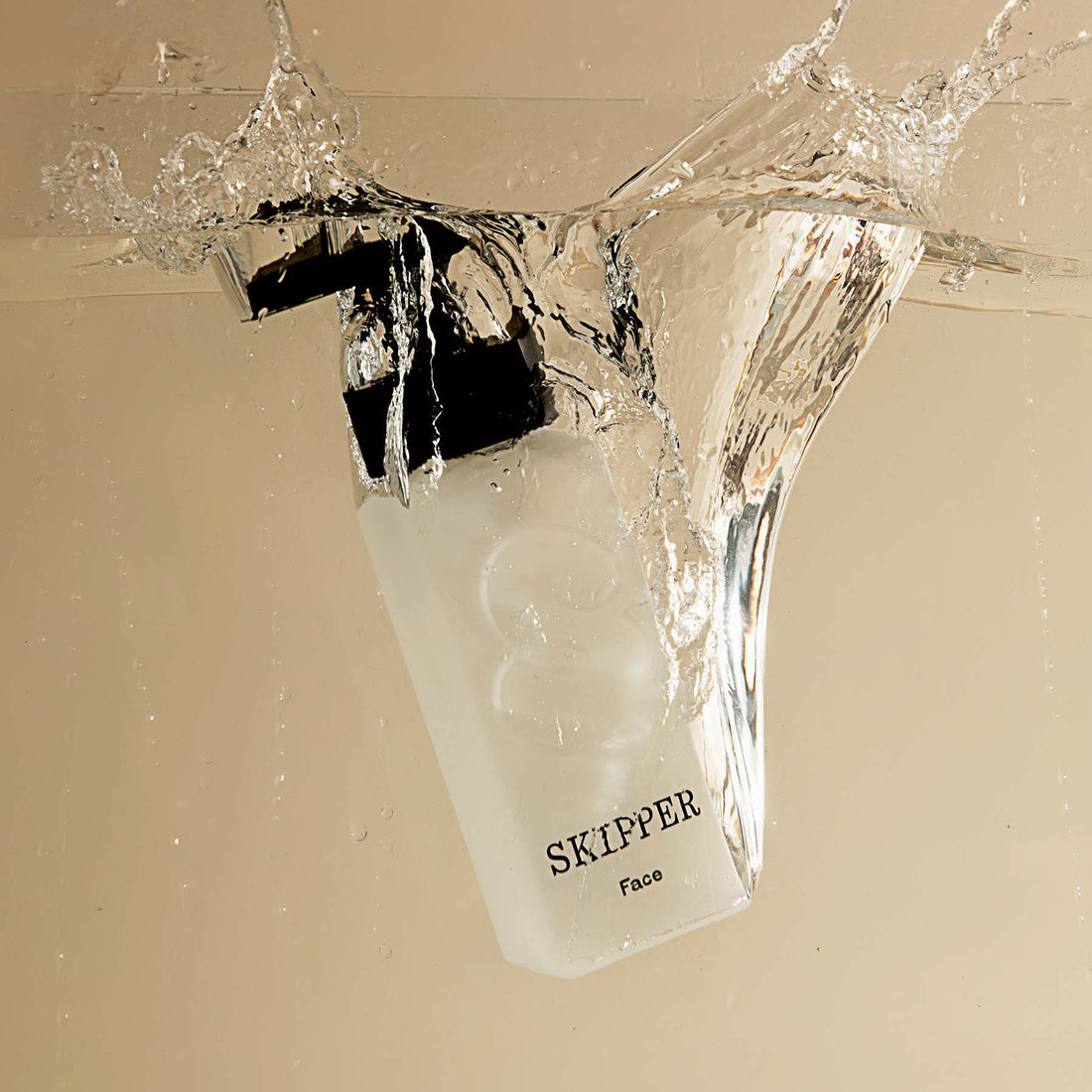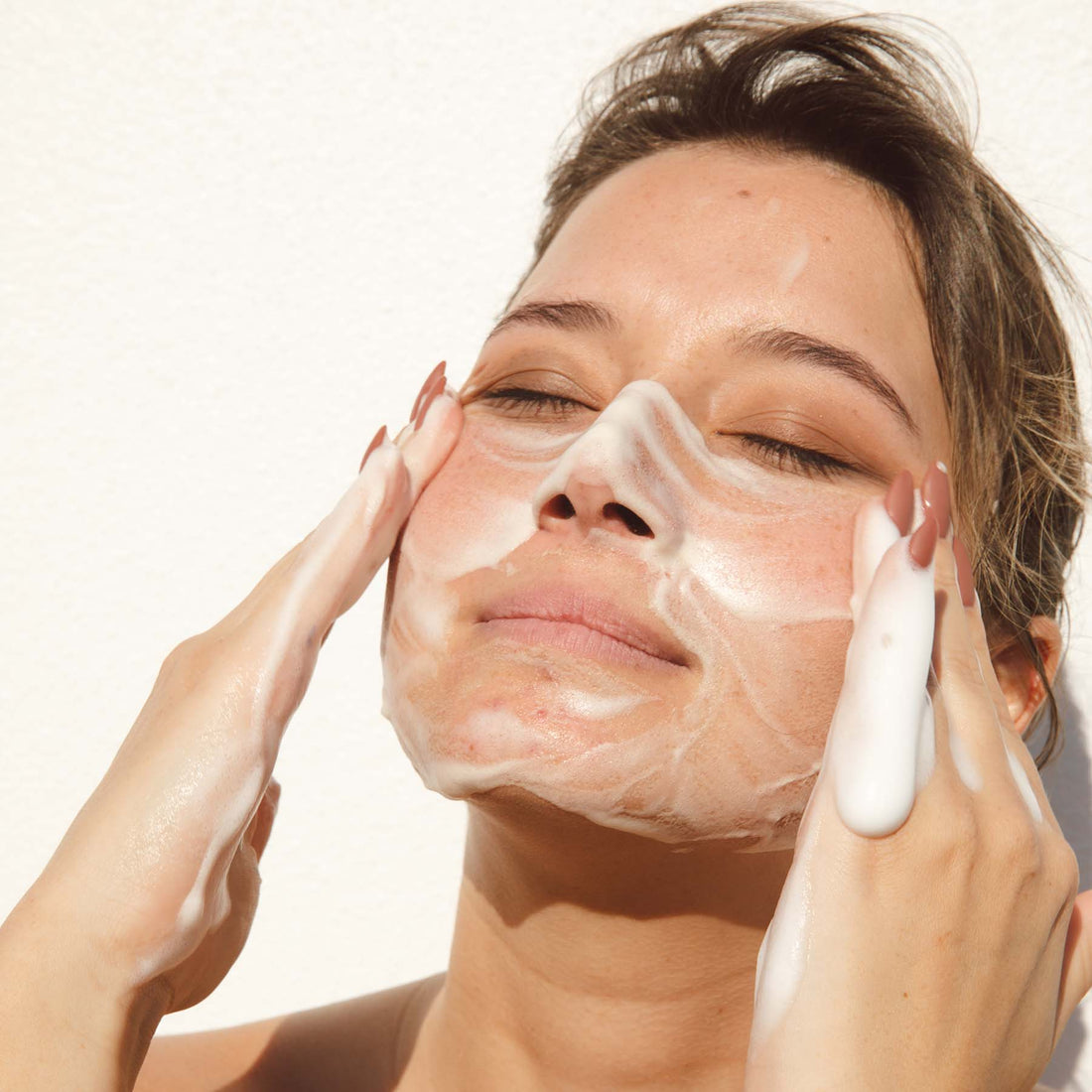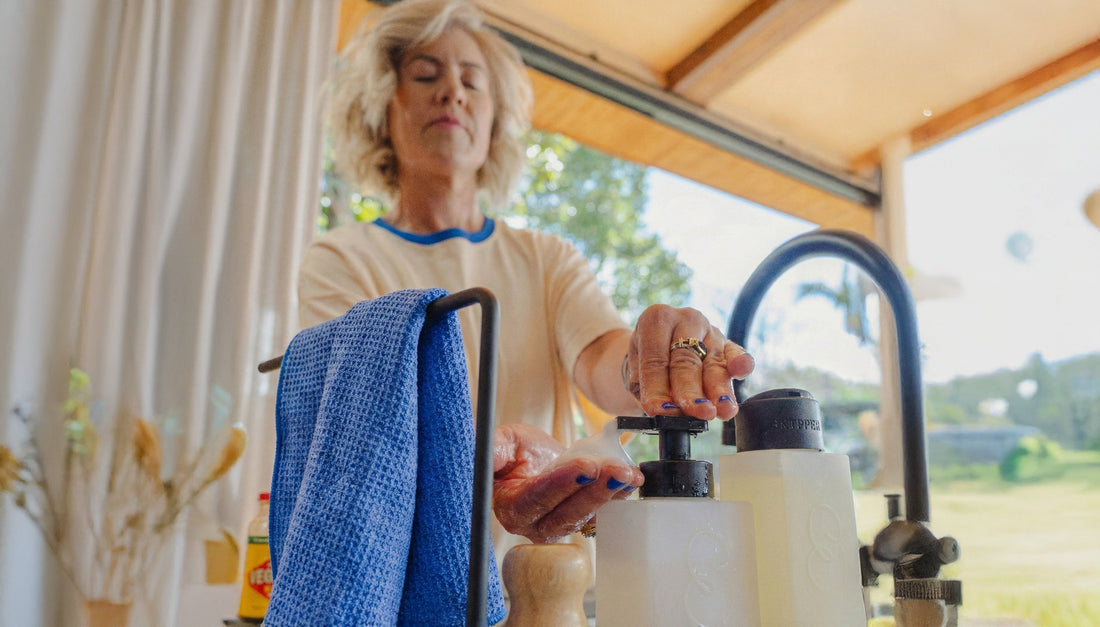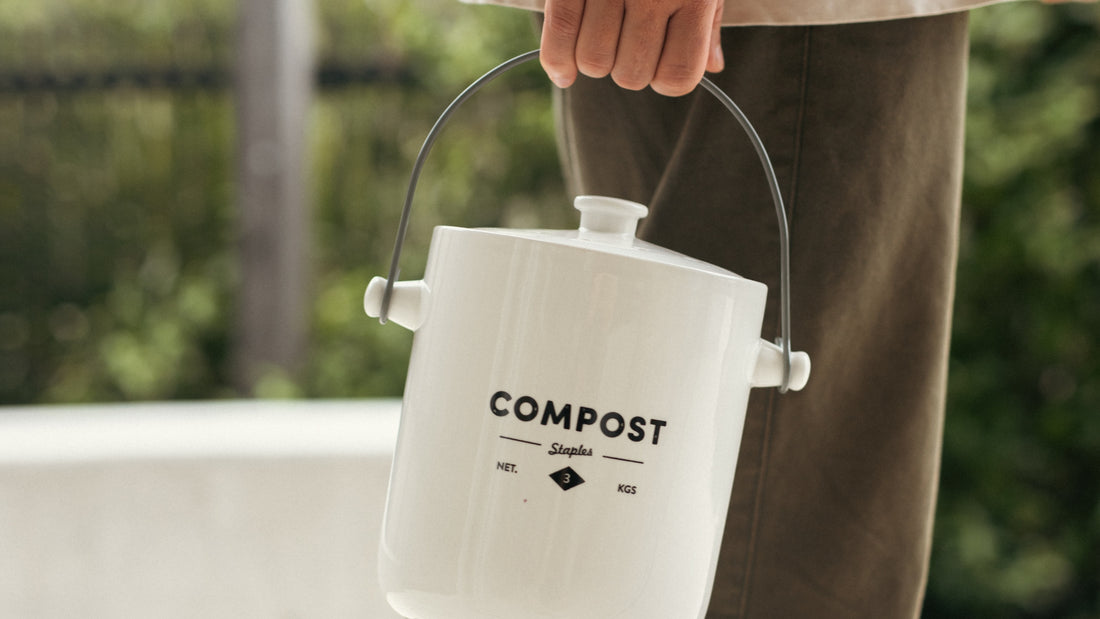Step into the world of delightful scents, where the choice between fragrance oil and essential oil can transform your sensory experience. Both promise aromatic pleasures, but beneath the surface, they hold distinct characteristics that make them suitable for various purposes.
In this blog, we'll uncover the differences between fragrance oils and essential oils, shedding light on their unique properties and applications.

Fragrance Oil vs. Essential Oils: What's the Difference?
Before we delve into the details, let's start by understanding the fundamental disparities between fragrance oils and essential oils.
What is Fragrance Oil?
Fragrance oils, often called perfume oils, are meticulously crafted aromatic compounds. They are synthetically created by perfumers and chemists to replicate a wide array of scents, ranging from the sweet allure of flowers to the earthy depth of musk. The beauty of fragrance oils lies in their consistency and longevity.
Fragrance oils also offer an alternative to otherwise very expensive, hard-to-find, or animal-derived products. For example, ambergris was originally sourced from the stomach of whales, while musk was taken from animals like deer or civets. This means you can still experience these unique ingredients and their fragrances without taking from endangered plant or animal species, making them a more conscious choice.
Fragrance Oil Uses
Fragrance oils find their way into countless products, enriching them with appealing scents. You'll encounter them in perfumes, colognes, candles, soaps, lotions, and more. Their versatility makes them a preferred choice for enhancing the olfactory experience in everyday items.
Fragrance oils can also be found in a number of everyday household items, including things like cleaning products, scented candles and reed diffusers.
Fragrance Oil Sub-types
Within the world of fragrance oils, there are specialised sub-types tailored to specific applications. Some are designed for types of products that are applied topically like cosmetics, which can include everything from your favourite lipstick to your everyday skincare routine. These fragrance oils need to be formulated in a particular way so that they’re gentle enough for daily application to the skin while still being potent enough to give off a scent.
Other fragrance oils may be slightly stronger, formulated in a different way or to a different concentration if they’re used for wider household applications. Examples of this would include fragrances for things like candles, air fresheners, or diffusers, allowing you to choose the right scent for the right occasion that’s potent enough to make your home smell lovely.
How Long Do Fragrance Oils Last?
One notable advantage of fragrance oils is their longevity. Due to their synthetic composition, they tend to retain their scent for an extended period compared to essential oils.
Depending on the kind of product that a fragrance oil is in, you can help to extend its life even further with proper storage. For example, most perfumes are made with synthetic compounds called esters. These compounds are chemically structured the same way as alcohols, meaning that heat can impact or reduce their potency. By keeping your scented products away from too much heat (usually around 30℃ is the typical threshold), you’ll extend their lifespan.

What is Essential Oil?
Essential oils, in contrast, are entirely natural extracts derived from plants. They are obtained through processes like steam distillation or cold pressing, capturing the pure essence of botanicals. While the synthetic version of fragrances is referred to as esters, the plant-based equivalent is terpenes.
Florals may be your first thought when you think of plant-derived fragrances; however, essential oils can be extracted from a number of different parts of the plant. This can include the leaves, bark and even fruits. Some examples include eucalyptus leaves, cinnamon bark, and orange peel, each having its own unique properties.
Depending on the nature of the plant, it can take more volume of the raw material to extract the essential oil. For example, rose absolute, the purest form of essential oil, is incredibly pricey to make due to how many roses you need. In fact, it takes around 600 roses to make just 1ml of oil!
Essential Oil Uses
Essential oils boast a wide spectrum of applications, from the therapeutic realm of aromatherapy to massage therapy, skin care, and holistic wellness. These natural extracts are cherished not only for their delightful aromas but also for their potential health and well-being benefits.
Essential Oil Sub-types
The world of essential oils is vast, with various types sourced from different plants. Lavender, tea tree, eucalyptus, and lemon are just a few examples, each offering unique aroma profiles and potential health benefits. This diversity allows you to choose oils that align with your preferences and needs. When applied to the skin, some essential oils will have a warming effect, like ginger, while others will feel cooling, like peppermint.
How Long Do Essential Oils Last?
Despite their potency, essential oils have a tendency to evaporate more rapidly than fragrance oils. The longevity of an essential oil's scent can vary depending on factors such as the oil's purity and the environment in which it's used. Much like with fragrance oils, essential oils can oxidise if they’re not kept in the right conditions. They can change colour, their scent can be altered, and they eventually lose their potency.

Fragrance Oil vs. Essential Oils in Eco-friendly Products
The choice between fragrance oils and essential oils can extend beyond personal preference to environmental considerations. Essential oils, being natural extracts, are often favoured in eco-conscious products due to their sustainability and minimal ecological impact.
However, fragrance oils and essential oils can have their place in eco-conscious product development when chosen thoughtfully and responsibly, considering their complete life cycle and impact on the environment.
At Skipper, we’ve found that the best choice is harnessing the strengths of both. Fragrance oils offer a wide range of synthetic scents with remarkable longevity, making them ideal for various commercial products. Essential oils provide natural aromas and potential therapeutic benefits, making them a popular choice for holistic well-being and eco-friendly products.
At Skipper, we use a combination of synthetic and natural extracts, allowing us to get the best of both worlds when it comes to our fragrances.
Diving Deeper: The Health Impacts
When contemplating between fragrance oils and essential oils, one should also consider the health impacts. Essential oils are not just scents; they can have significant effects on the body. For example, some essential oils can soothe ailments, reduce stress, or even invigorate the senses. Lavender oil, for instance, is known for its calming properties, while peppermint might invigorate and awaken the senses.
On the other hand, fragrance oils, being synthetically crafted, might not offer therapeutic benefits. However, due to their complex compositions, some individuals might be sensitive or allergic to certain components. It's crucial to patch-test any product, whether it's based on fragrance or essential oil, to ensure it doesn't react adversely with your skin.
Safety Precautions
Safety is paramount when using either type of oil. Essential oils, despite being natural, are potent and should be used with caution. Essential oils are incredibly concentrated, meaning they need to be diluted before application. To avoid having too much of a good thing, you’ll typically dilute them around 20:1, meaning just a single drop is enough when mixed with 20 drops of something like olive oil or jojoba. Equally, applying either essential oils or fragrance oils to broken or irritated skin can make things worse. If you’d like to incorporate them into your routine, using gentle or diluted products is the way to go without aggravating your skin.
Ingesting essential oils can be harmful unless under expert guidance. Fragrance oils, too, are meant for external use and should be kept away from ingestion or undiluted topical application.
In Conclusion
The nuanced differences between fragrance oils and essential oils make each unique and advantageous in its own right. While fragrance oils dazzle with their vast array of consistent and long-lasting scents, essential oils bring to the table the essence of nature with potential therapeutic benefits.
Whether for personal use, commercial products, or eco-conscious endeavors, understanding these differences can guide consumers towards informed choices. Ultimately, the harmony of nature and innovation can provide an unparalleled olfactory experience, as we've seen with brands like Skipper that meld the best of both worlds.

































